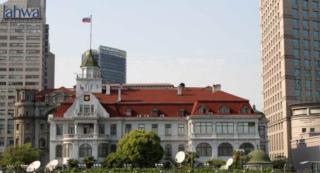
Russia is reacting to the rise of Asia by shifting its attention eastward—from the Ural Mountains to the Amur River. Moscow must learn to act like a Euro-Pacific power.
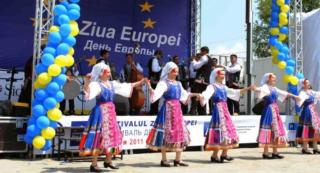
The Eastern Partnership states and the EU have to acknowledge their own failures instead of playing a “blame game” and work together to make the partnership a success.
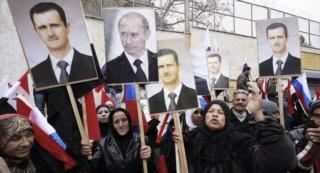
With revolutions across the Arab world, Russia’s chances for strengthening its position in the region look increasingly slim. The Kremlin must change course and ensure that its approach to the Middle East and Islamists reflects post–Arab Spring realities.
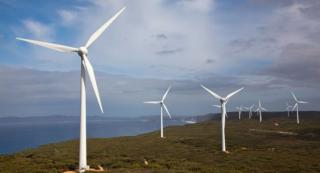
Official documents on developing a green economy do not mention actual ecological problems, including the limits to ecological development. This proves that the economy itself and socioeconomic components are the most important parts of a green economy.
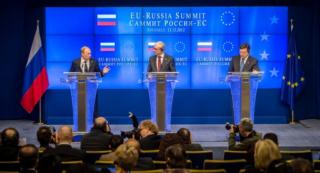
In order to develop an effective strategic approach toward Russia, Europeans must deepen their understanding of the changing Russian realities.

A long-term development strategy for the Russian eastern territories must address critical internal and external challenges, not just focus on repelling external threats.
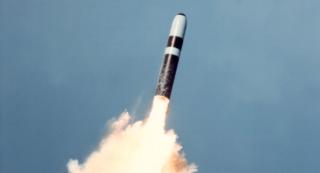
The “Great Triangle” of the Asia-Pacific region formed by the United States, Russia, and China is particularly important in both geopolitical and military-strategic terms.
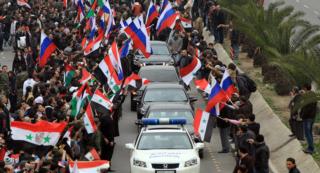
A new Russian-Western approach to Syria is necessary to stop the bloodshed and help create a transitional authority in Damascus that can foster national reconciliation.
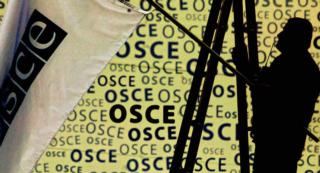
Ukraine cannot afford to set an overly broad agenda for the OSCE. Kyiv must focus on a handful of opportunities that reinforce the vision of a Euro-Atlantic security community.

A new strategic approach is needed to end the dispute over the South Kuril Islands that plagues Russia-Japan relations. Solving the issue is in the interest of both countries.
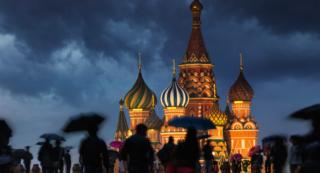
Russian society is waking up and pushing back against Putin’s brand of authoritarianism, with the potential to bring about a transformation of the system into one based on the rule of law.
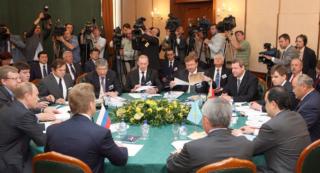
As the Eurasian customs union’s influence on the world stage and in Europe’s neighborhood is likely to increase, the EU should attempt to understand the project and find ways to protect its own interests.

Without a clear plan for the 2014 withdrawal from Afghanistan, Washington may find the country worse off, in some respects, than it was in 2001.
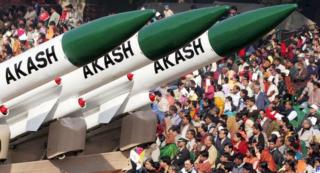
India continues to develop a missile defense system, despite a lack of expert consensus within the country on the value of such a system and despite the fact that uncertainty regarding Indian missile defense adversely affects regional security.

The development of a NATO-Russia joint missile defense system is not currently viable, primarily because of political constraints and a lack of trust between the two sides.

While NATO can extend the status quo in the short term, it cannot postpone resolving its defense and deterrence dilemmas without undermining Alliance confidence and cohesion.
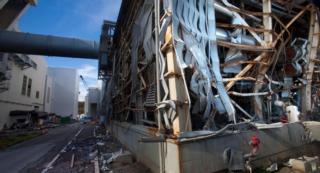
Public sentiment in many states has turned against nuclear energy following the March 2011 accident at Japan's Fukushima Daiichi Nuclear Power Station. The Fukushima accident was, however, preventable.
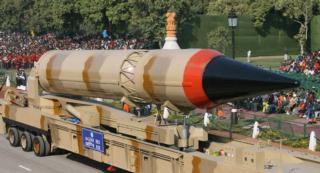
It is unlikely that nuclear weapons proliferation in South Asia will lead to a deliberate outbreak of large-scale war, but a catastrophic conflict could occur even though neither the Indians nor the Pakistanis intend to start a nuclear war.
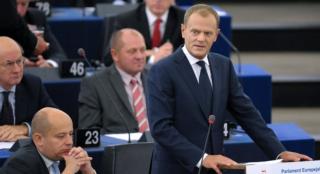
Democratic actors in Central and Eastern Europe bring unique experiences and legitimacy to international democracy support and their democracy promotion efforts have the potential to make a significant contribution.
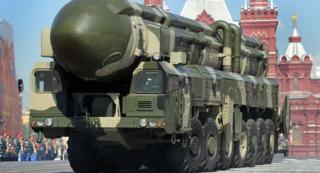
While nuclear arms control is enjoying a renaissance of late, whether that momentum dissipates or leads to further agreements will require a painstaking effort by U.S. and Russian diplomats and experts to move past Cold War prejudices and the mistakes and misunderstandings of the post-Cold War era.